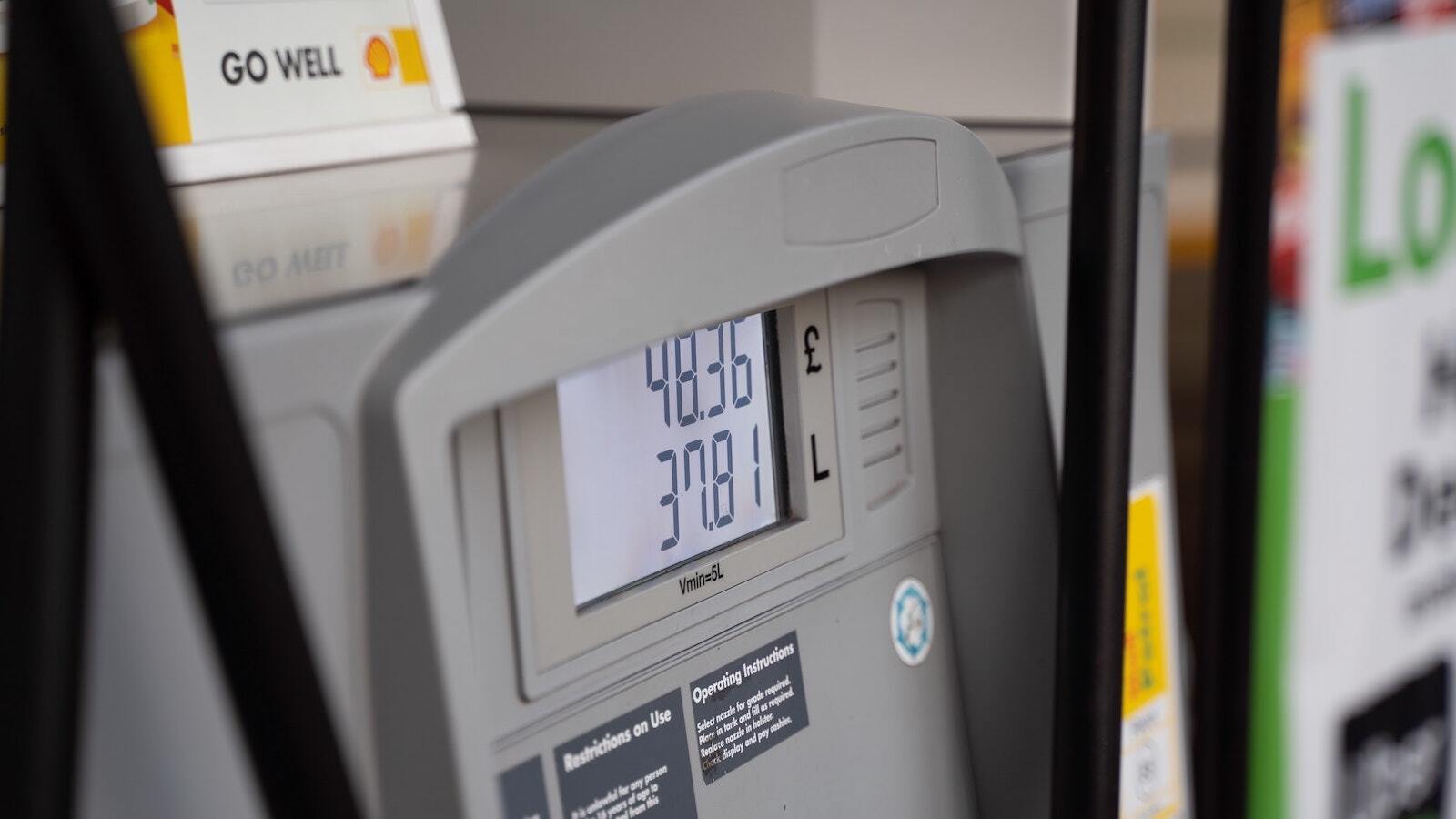With the goal of bringing down gas prices for American consumers, President Biden announced crude oil releases from Strategic Petroleum Reserve (SPR) crude oil on March 31.
The U.S. Energy Department’s most recent data shows the SPR at the lowest number of barrels since 1984. Critics suggest the President is attempting to temporarily appease voters during an election year with lower gas prices, going against his climate policies, while leaving the SPR at a historic low level. Gasoline prices have reduced since tapping the SPR but are beginning to rise again with OPEC's decision to cut production.
On March 31, President Biden announced the release of up to 180 million barrels of crude oil from the nation's SPR over a six-month period. The president said there would be a slight delay in declining gas prices by days and weeks, but the prices would eventually drop by an unknown range. The SPR usually keeps around 700 million barrels of crude oil in the case of unstable market supply or international emergencies. The SPR webpage states it is the world's largest supply and the “sheer size” makes it a deterrent against oil cutoffs.
As of April 1, the SPR held 564.58 million barrels of oil in stock. As of Sep. 30, the SPR inventory stood at 416.39 million barrels of oil, a decrease of 148 million barrels since Biden's initial release.
According to AAA, the national average price of gas is $3.923 per gallon, as of October 11, 19 cents higher than last month and 65 cents higher than last year. The national average rose 12 cents in one week, due to OPEC+’s announcement to cut production by 2 million barrels and more drivers filling up, according to AARP. High demand and the rise of oil prices lead to higher gas prices, according to AAA.
Some note the SPR is unnecessary due to America's energy security but Robert Rapier, in an op-ed for Forbes, accuses Biden of using the SPR to help his party win in 2022. Biden announced he will refill the SPR, which Rapier predicts will happen after the 2024 elections. He calls Biden’s decision to tap into the SPR a “gamble” in that he must hope the US does not encounter a foreign oil supply crisis, which the SPR was created to address. At its highest in 2010, the SPR reached 726.6 million barrels. It is now below 420 million barrels, the lowest in almost 40 years. In the past, the US has become more reliant on its own oil production, such as in 2021, the US was a net exporter of crude oil, which some suggest the SPR is not as needed.
Biden’s executive order on federal oil and gas leases was released on Jan. 27, 2021, citing the “climate crisis” as the main reason for the moratorium. The order lays out ways the Administration will prioritize the climate crisis including “pause new oil and natural gas leases on public lands or in offshore waters pending completion of a comprehensive review," Rapier says. “An administration that has frequently emphasized the importance of reducing carbon emissions is trying to increase oil supplies to bring down rising oil prices — which will in turn help keep demand (and carbon emissions) high.”
The latest Gasoline Misery Index, which tracks how much more (or less) the average American consumer will have to spend on gasoline on an annualized basis, reports that the average American is spending around $341 more on gas this year when compared to the same time a year ago. The Gas Misery Index also reports Americans are spending $837 more on gas today than when President Biden took office.
The Washington Free Beacon reported on a Fox News interview with John Kirby, Coordinator for Strategic Communications at the National Security Council in the White House, who said, "We need to be less dependent on OPEC+ and foreign producers of resources like oil," after the OPEC+ cut announcement.
According to the Beacon, Kirby mentioned President Biden’s sale of drilling rights to oil companies but did not mention Biden’s moratorium on new federal oil and gas leases (signed in his first week in office) or Biden’s previous statement from a 2020 debate: "no ability for the oil industry to continue to drill, period. Ends." The Beacon reports the Biden Administration looks to foreign oil, relying on OPEC+ while stifling domestic production. With the midterm elections less than a month away, the Biden Administration is doing everything it can to lower gas prices in the hopes of winning, says the Beacon.
The Biden Administration announced the release of 10 million more barrels from the SPR in November, according to Fox Business. The Administration’s original plan was to stop releasing barrels from the SPR on Oct. 31, but due to OPEC’s decision to cut 2 million barrels per day, "The President will continue to direct SPR releases as appropriate to protect American consumers and promote energy security," said White House officials, according to Fox Business.

